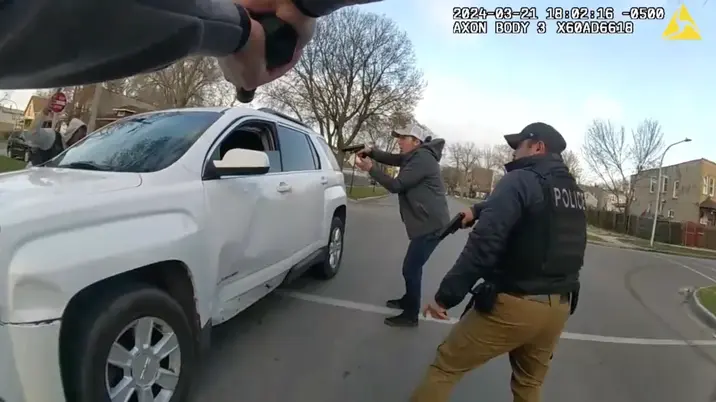T4K3.news
Dangerous US Cities Flagged
A new ranking lists Memphis as the most dangerous city with Oakland, St. Louis, Baltimore, and Detroit following closely behind.
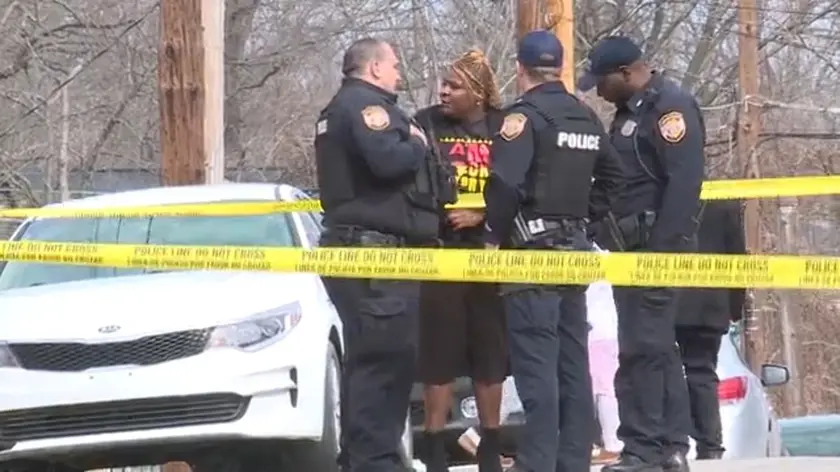
The latest ranking names five cities as the most dangerous in the United States, with Memphis at the top and crime data tied to broader social factors.
Dangerous US Cities Share a Common Denominator
Memphis, Tennessee is named the most dangerous city in the latest ranking by US News and World Report. The assessment uses FBI crime data and NeighborhoodScout figures to measure murder and property crime per 100,000 residents. Memphis shows a crime rate of about 112.9 per 1,000 people and faces an unemployment rate higher than the national average, with median household incomes well below the national level. West Memphis residents face higher risk estimates while the overall city’s pattern reflects a mix of violence and economic challenges.
The other cities in the top five are Oakland, St. Louis, Baltimore and Detroit. Oakland records a crime rate near 136 per 1,000 residents, with a year over year decline in homicides and a broad drop in crime in the first half of 2025, including a sharp fall in auto thefts. St. Louis reports meaningful drops in murders and burglaries, while Baltimore shows progress on homicide numbers despite ongoing economic struggles. Detroit carries a high risk profile but has seen improvements in several categories after years of high violence.
Across the nation, FBI data indicate violent crime has fallen in recent years, even as local headlines emphasize spikes. The report highlights how city level trends combine with national patterns to shape the public debate about safety and policy.
Key Takeaways
"President Trump is wrong"
Oakland mayor Barbara Lee reacting to Trump remarks about crime in major cities
"This is not leadership it is an attempt to score cheap political points by tearing down communities he doesn't understand"
Barbara Lee on national discourse about crime
"If they send the National Guard to take over there will be tons of protests within the city"
Carl Chan commenting on potential National Guard deployment
"That's simply not true I invite him to walk the streets of Detroit with me"
Detroit Police Chief James White pushing back on Trump claims
A key tension in this piece is how crime data are tied to political labels. Framing Memphis and the others as Democratic ruled cities or linking crime to party control risks turning numbers into political ammunition rather than a guide for policy. That framing can deepen mistrust and distract from the practical steps that actually reduce violence, such as targeted policing, community programs and economic opportunity.
Yet the data also show real progress in several cities. The declines in homicides and other crimes in Oakland, St. Louis and others hint that violence prevention can work when cities commit to long term strategies and accountable leadership. The challenge is to separate political rhetoric from the daily work of keeping neighborhoods safe and rebuilding trust between residents and officials.
Highlights
- Crime data are a map not a verdict
- Policy beats headlines when it matters
- Numbers rise and fall leadership makes the difference
- Communities win when investment follows intent
Political framing and potential backlash
The article leans on political labels to frame crime data and cites national political rhetoric. This could polarize readers and invite backlash or misinterpretation about causation.
Cities will be judged by results, not headlines.
Enjoyed this? Let your friends know!
Related News

Spider-Man filming begins in Glasgow
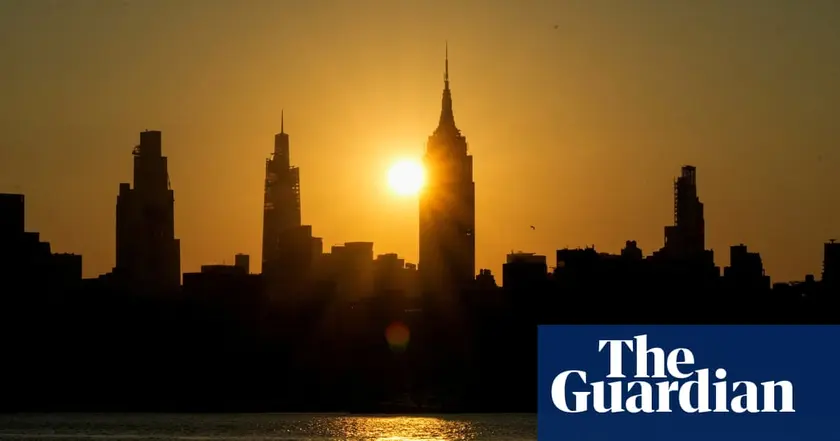
US heat dome brings extreme conditions
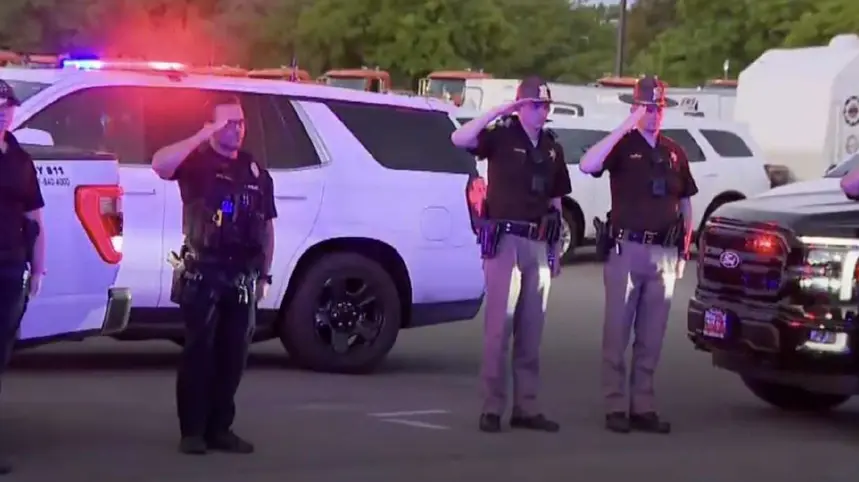
Tremonton officers killed in domestic violence shooting
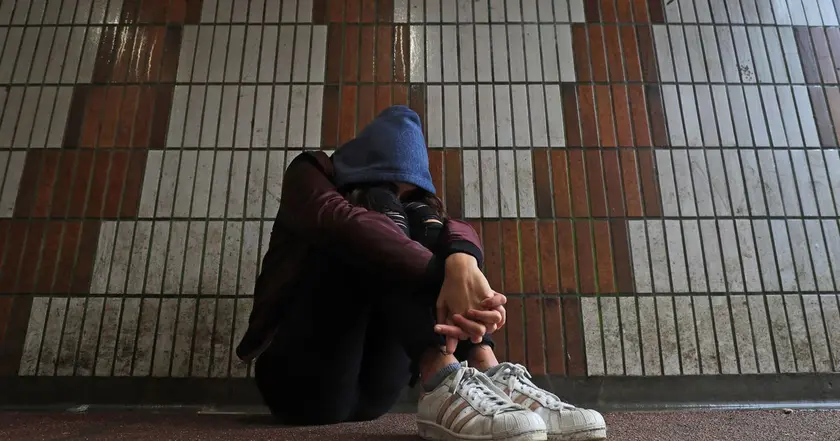
Urgent probe urged into private care homes
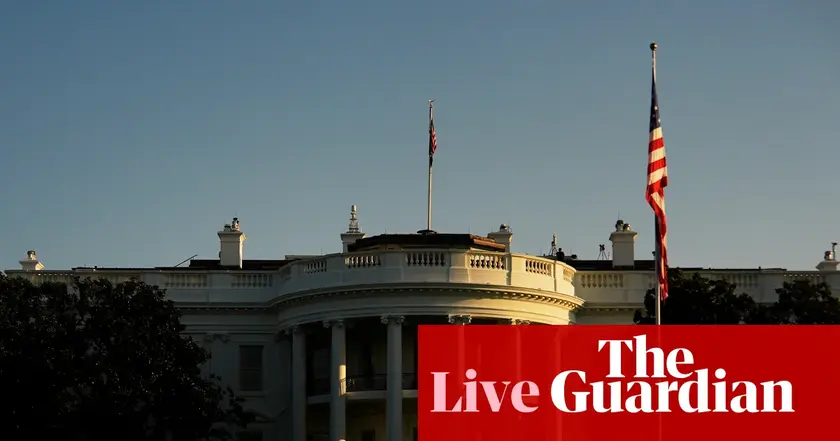
DC police takeover faces federal lawsuit

Pastor Doug Wilson opens new church in Washington

Six killed as civilians gather for aid in Gaza

Premier League predictions spark debate
